
Slowing growth and rising inflation marked 2013 which the country's economic managers would like to forget quickly in the hope that the new year will bring in new government and some good news.
The growth rate continued to slide throughout the year despite desperate attempts by the government to stem the tide with a host of traditional and innovative measures.
Pangs of inflation, driven mainly by rising prices of essential food items, added to the overall despondency in a year that saw the rupee dipping to its life time low level against the US dollar and the current account deficit soaring to historic highs.
Everything began well with the Finance Ministry's Economic Survey in February asserting that the growth rate during 2013-14 would improve to 6.1-6.7 per cent, from decade's low of 5 per cent recorded in the previous fiscal.
. . .
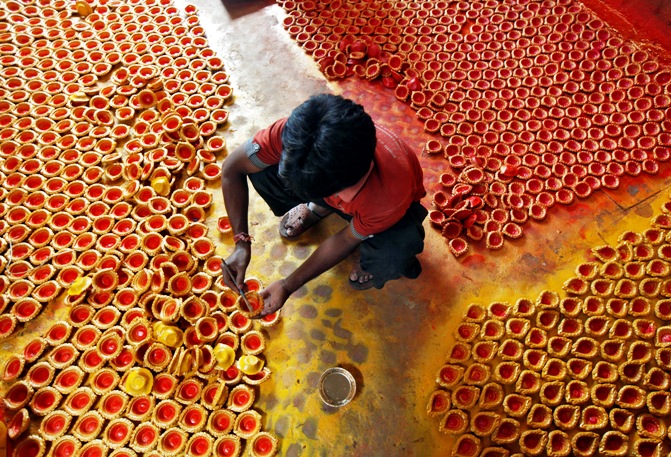
The euphoria was short-lived as the government efforts to boost growth have come a cropper with the economy slipping further into the quagmire and key parameters showing no signs of bottoming out.
Growth rate during April-September slipped to 4.6 per cent from 5.3 per cent in the same period last fiscal, and it is doubtful that the full financial year would show an uptrend.
Finance Minister P Chidambaram as well as Reserve Bank Governor Raghuram Rajan tirelessly, yet unconvincingly, tried to assure the industry and the people that the growth rate in 2013-14 would be above 5 per cent or would not fall below the decade's lowest level witnessed last fiscal.
On the other hand, institutions such as the International Monetary Fund, the World Bank and the Asian Development came out with estimates of the country's growth, but none projected over 5 per cent expansion rate during the current fiscal.
. . .

In a recent forecast, IMF lowered the growth projection to 3.75 per cent in 2013 from 5.7 per cent estimated earlier.
It, however, forecast about 5 per cent in 2014.
Similarly, ADB lowered India's growth forecast for 2013-14 to 4.7 per cent from 6 per cent earlier.
Like International Monetary Fund, it too expects some improvement in the next fiscal and has projected a growth of 5.7 per cent.
Other organisations have forecast a similar trend.
Prime Minister's Economic Advisory Council had lowered the growth forecast to 5.3 per cent from 6.4 per cent.
. . .
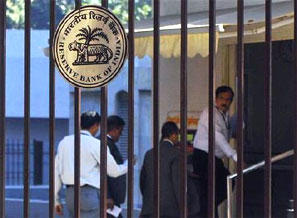
RBI had lowered the growth projection for 2013-14 to 5.5 per cent from its earlier estimate of 5.7 per cent.
Besides trying to prop up growth, the economic managers struggled hard to tame inflation but failed despite best intentions and persistent efforts.
Inflation remained above the comfort level of the RBI and also the government, mainly on account of rising prices of essential food items, causing hardship to the common man.
Repeated assurances that inflation would come down provided cold comfort to people who continued to reel under high prices.
As per the latest data, the Wholesale Price Index-based inflation soared to 14-month high of 7.52 per cent in November, pushed mainly by rising prices of vegetables, particularly potato and onion.
The retail inflation, measured by movement in the Consumer Price Index jumped to 11.24 per cent during the month.
There was a time when onion in certain market was sold at an exorbitant price of Rs 100 a kg.
. . .

The palpable resentment against Congress-led United Progressive Alliance government for its failure to check rising prices found its reflection in the recently concluded assembly elections, which had been dubbed as semi-finals before the general elections early next year.
The Congress lost power in Rajasthan and Delhi and did badly in Madhya Pradesh and Chhattisgarh.
The declining value of the rupee and widening CAD were the other challenges the country faced this year.
The domestic currency started depreciating after the US Federal Reserve announced in June that it could gradually cut down the bond purchases with the improvement in the outlook.
. . .
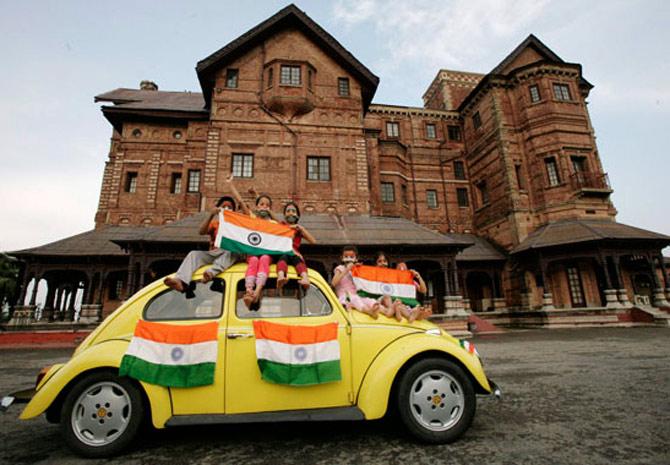
The announcement sent the global stock and currency markets in a tizzy. India was not left untouched.
The rupee dipped to a historic low of 68.85 to a dollar in August.
The BSE Sensex too bore the brunt.
However, the efforts of the Finance Ministry as well as RBI, especially the new Governor Rajan, bore fruits and the rupee stabilised.
The domestic currency has improved to around 62 to a dollar, while the BSE Sensex is trading above 21,000-mark.
CAD -- which is the difference between the inflow and outflow of foreign currency -- touched an all-time high of $88.2 billion or 4.8 per cent of the GDP in 2013-14.
. . .
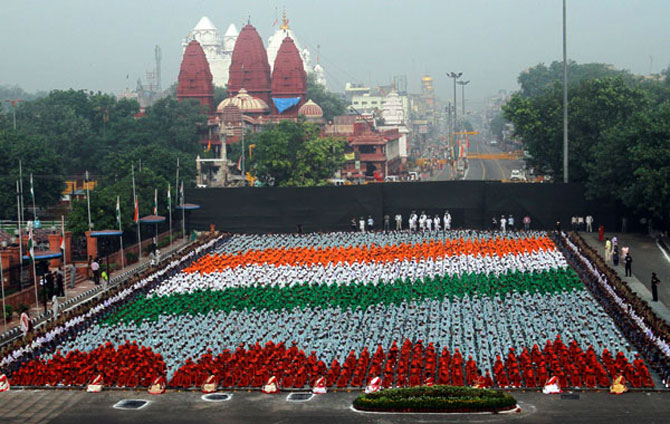
Besides other things, high CAD had fuelled speculation in the domestic currency in the overseas markets.
The government tried to control the deficit by checking gold imports and promoting India as an investment destination.
RBI supplemented the efforts by imposing restrictions and laying down stiff conditions for gold imports.
The initiatives yielded results, though there was a spurt in smuggling of gold on account of higher duties.
The government significantly relaxed the foreign direct investment guidelines and raised the limits of overseas investment in financial markets.
. . .
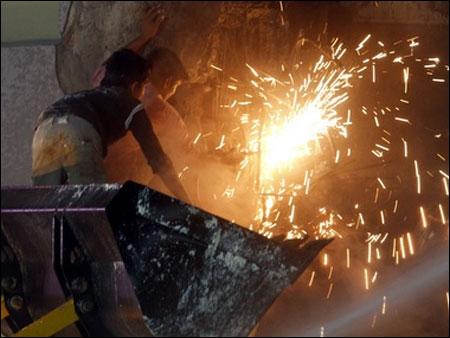
Although these steps did not provide immediate results, India did receive investment proposals from global companies like Tesco, Etithad, Singapore Airlines and AirAsia.
RBI on its part permitted banks to raise FCNR(B) deposits from abroad on liberal terms.
The banks were also encouraged to raise funds in overseas markets.
It also asked the oil marketing companies to purchase foreign exchange through off market deals for imports.
These developments had a salutary impact on the exchange rate, which stabilised to the satisfaction of the Finance Ministry and the RBI.
RBI, however, wants the restrictions and extra-ordinary measures taken by the government and the central bank to go, so that the real stability could be achieved in the exchange rate.
RBI has specifically pleaded for removal of restrictions on gold import to discourage smuggling, a proposal which did not find favour with the Finance Ministry.